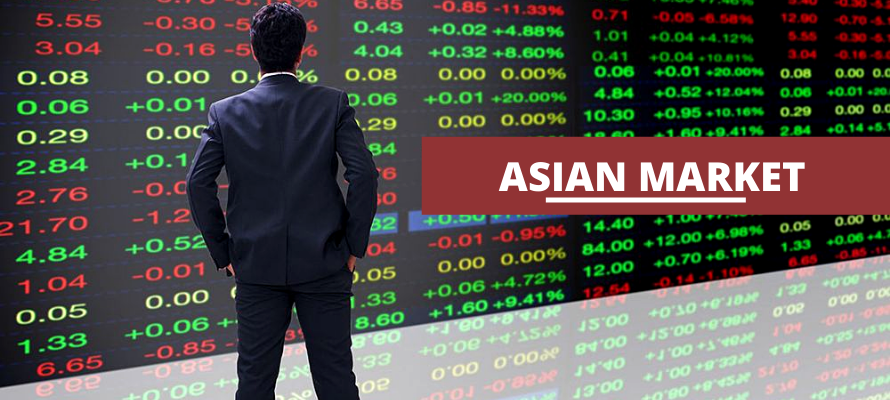The global financial landscape experienced a wave of uncertainty following a US appeals court decision that temporarily reinstated Donald Trump’s sweeping tariffs, reversing previous gains in Asian markets. This legal reprieve for the controversial tariffs, deemed unconstitutional just a day prior by another court, reignited anxieties about the potential impact of the ongoing trade disputes on global markets and negotiations. While the tariffs remain stalled, pending further legal proceedings that could potentially reach the Supreme Court, the uncertainty surrounding their future implementation fuels market volatility. The conflicting court rulings inject a significant degree of unpredictability into the global trade environment, leaving investors apprehensive about the ultimate fate of these protectionist measures.
Trump’s strong reaction to the initial ruling against his tariffs further underscores the complexities of the situation. His public condemnation of the decision, labelling it “horrible” and demanding its reversal, signals his unwavering commitment to his trade policies. This stance raises concerns about the potential for further disruptive actions from the administration, even if the current tariffs are ultimately struck down by the courts. The ongoing legal battles contribute to a climate of ambiguity, making it difficult for businesses and investors to plan for the future with confidence.
The implications of these developments extend beyond the immediate impact on market indices. Speculation is rife about the potential effects on ongoing trade negotiations, particularly those between the United States and the European Union, as well as existing agreements such as the US-UK trade deal. The uncertainty surrounding the tariffs adds another layer of complexity to these discussions, potentially hindering progress and creating friction between negotiating parties. The US administration’s assertion that the legal challenges will not derail its trade agenda further contributes to the pervasive sense of ambiguity.
Despite the turbulence generated by the tariff dispute, the US administration insists that trade negotiations remain on track. Officials maintain that several agreements are nearing finalization, downplaying the impact of the court rulings. However, market analysts express concerns that the ongoing legal battles and the unpredictable nature of the Trump administration’s trade policies create a “cloud of uncertainty,” potentially discouraging investment and hiring decisions. This uncertainty underscores the fragile state of global trade relations and the vulnerability of markets to political and legal developments.
Adding to the market anxieties, US Treasury Secretary Scott Bessent acknowledged that trade negotiations with China have “stalled” and suggested the need for direct intervention from President Trump and President Xi Jinping. This admission highlights the difficulties in resolving the complex trade issues between the world’s two largest economies. The prospect of renewed tensions between the US and China further contributes to the overall sense of unease in global markets.
The combined effect of these factors contributed to significant declines in Asian markets, with Hong Kong and Tokyo experiencing losses exceeding one percent. Other major Asian indices also suffered declines, reflecting the widespread concern about the uncertain trade outlook. While European markets showed a mixed performance, the overall sentiment remained cautious. This cautiousness reflects the global interconnectedness of financial markets and the potential for trade disputes to disrupt economic activity worldwide. The tepid performance of Wall Street, coupled with weaker-than-expected US economic data, further reinforced the prevailing sense of uncertainty and caution. The ongoing legal wrangling over tariffs, combined with broader concerns about economic growth and geopolitical tensions, casts a shadow over the global economic outlook.














